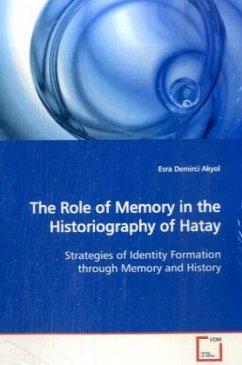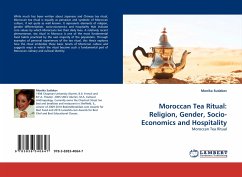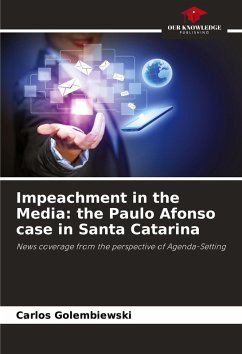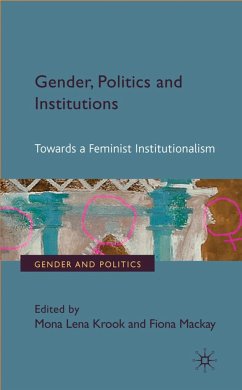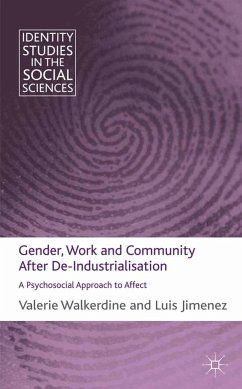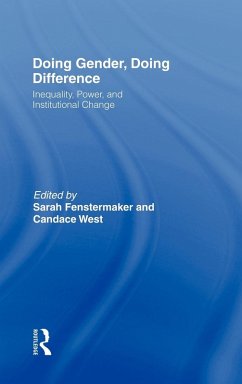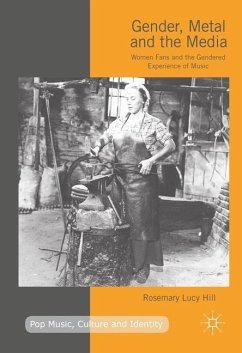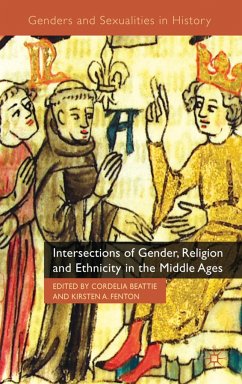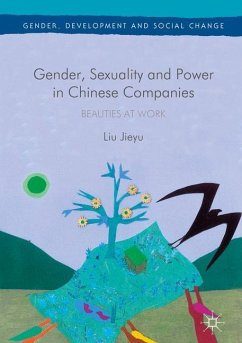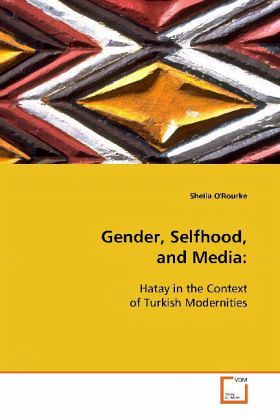
Gender, Selfhood, and Media:
Hatay in the Context of Turkish Modernities
Versandkostenfrei!
Versandfertig in 6-10 Tagen
45,99 €
inkl. MwSt.

PAYBACK Punkte
23 °P sammeln!
This book is an ethnographically based investigationof Turkish modernities in which the domains of state,Islam, and neoliberalism, in all the multiplicitieseach entails, are struggling for political, economic,social, and cultural domination. Yet, they are notentirely oppositional as the three domains interactions contribute to keeping overlapping andever evolving versions of patriarchies in place. Iexplicate my arguments through a focus on theProvince of Hatay and its population of Syrian AlawiArabs. Attending to their cultural and historicalspecificities, I contextualize both the region andit...
This book is an ethnographically based investigation
of Turkish modernities in which the domains of state,
Islam, and neoliberalism, in all the multiplicities
each entails, are struggling for political, economic,
social, and cultural domination. Yet, they are not
entirely oppositional as the three domains
interactions contribute to keeping overlapping and
ever evolving versions of patriarchies in place. I
explicate my arguments through a focus on the
Province of Hatay and its population of Syrian Alawi
Arabs. Attending to their cultural and historical
specificities, I contextualize both the region and
its peoples with the formation of the Turkish state
and the rapid and complex transformations that are
occurring in Turkey at this time. Addressing Hatay
and its ethno-religious minority through their
participation in Turkish modernities provides fresh
perspectives on such issues as the erosion of state
led modernization, the Islamist challenge, ethnic
separatism, Turkey s burgeoning free market, and the
nation''s integration into the global community. This
book enhances knowledge and understanding of the
understudied Syrian Alawis of Hatay, and to new modes
of research on Turkey.
of Turkish modernities in which the domains of state,
Islam, and neoliberalism, in all the multiplicities
each entails, are struggling for political, economic,
social, and cultural domination. Yet, they are not
entirely oppositional as the three domains
interactions contribute to keeping overlapping and
ever evolving versions of patriarchies in place. I
explicate my arguments through a focus on the
Province of Hatay and its population of Syrian Alawi
Arabs. Attending to their cultural and historical
specificities, I contextualize both the region and
its peoples with the formation of the Turkish state
and the rapid and complex transformations that are
occurring in Turkey at this time. Addressing Hatay
and its ethno-religious minority through their
participation in Turkish modernities provides fresh
perspectives on such issues as the erosion of state
led modernization, the Islamist challenge, ethnic
separatism, Turkey s burgeoning free market, and the
nation''s integration into the global community. This
book enhances knowledge and understanding of the
understudied Syrian Alawis of Hatay, and to new modes
of research on Turkey.



